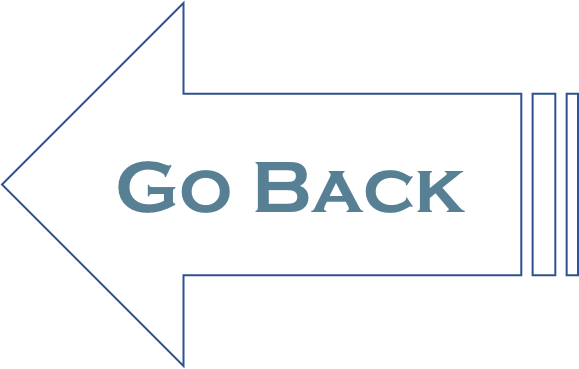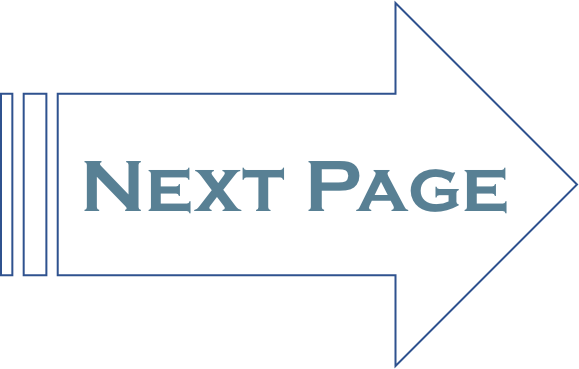Physical Development |
Page 2 |
Our bodies go through amazing transformations when it comes to physical growth and development.
Think about the vast physical changes that occur between a newborn baby and a young adult. Recall the different things you or children you know were able to do at different stages while growing up. Physical activity is very important for our overall development and growth. Moving the different parts of our bodies, sitting up, rolling, crawling, walking, running, jumping, holding, and manipulating different materials or objects are examples of ways in which we use our bodies to explore our environment and learn about the world. These are also ways to keep our bodies healthy, fit, and well-functioning.
Physical development refers to the advancements and refinements of motor skills, or, in other words, children’s abilities to use and control their bodies. These advancements are evident in gross- and fine-motor skills, and they are essential to children’s overall health and wellness.
Gross- motor skills involve the use of large muscles in the legs or arms, as well as general strength and stamina. Examples of such skills include jumping, throwing, climbing, running, skipping, and kicking.
Fine-motor skills involve the use of small muscles in the arms, hands, and fingers. They are supported by advancements in perception, or the ways in which children use their senses to experience the world around them. Examples of such skills include stringing beads, scribbling, cutting, and drawing. Fine-motor skills enable children to perform a variety of self-help tasks, such as using utensils and dressing themselves. There is a great deal of variation in the development of fine-motor skills (Trawick-Smith, 2014).
Physical activity is critical for young children’s development. Considering that young children learn best when they are actively engaged in their environments, it is essential that we provide them with ample opportunities to explore the environments by moving, touching, experimenting, and manipulating different toys, objects, and materials. Studies indicate that physical activity in young children is linked to brain growth and development.
Physical well-being is also linked to mental health. The World Health Organization defines health as “a state of complete physical, mental, and social well-being and not merely the absence of disease or infirmity.” This suggests that physical health is fundamentally linked to mental health, as well as other aspects of life. We must keep that in mind as we think about young children’s physical development and as we engage with them and their families.


